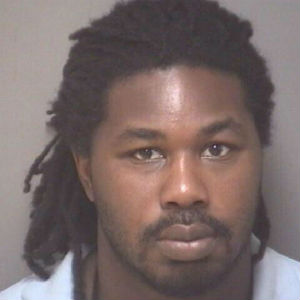
It is a matter of course that our system works only because defendants are presumed innocent until proven guilty, and that they are entitled to a vigorous defense if they choose to pursue one.
Now to some more presumptions.
Matthew isn’t talking And he isn’t required to. Another tenet of our legal system. Have to presume that he isn’t talking because he got some great legal advice not to talk until he has to, and that may mean he never talks. Still assuming here that he will face murder charges at some point in the future in the Graham and Harrington cases, it could end up being the case that what keeps him from dying strapped to a gurney with a needle in his arm is his ability to trade information for the leniency that life in prison without the possibility of parole can bring.
The families of the victims are still in the dark, and will be We can all say that we think we know what happened, and that the process of closure can begin. Wrong. The Graham and Harrington families know that their daughters are dead, and can presume (there’s that word again) that their deaths were violent. The legal system isn’t set up to guarantee the families of murder victims knowledge about how their loved ones died.
Lawyers somehow sleep well at night, or do they? It’s part of the job. You doing your job in providing a vigorous defense requires you to do what you can to either get a guy presumed by society to be guilty of heinous crimes off from the charges or at the least exposed to the least possible sanction on the books. Part of your strategy is to tell your client to keep what he knows to himself, which is great for your client, but what about for the families of the victims? Ethical obligations, on the one hand, moral obligations, on the other.
We’re all required to dance around what we really want to say Which is, namely, eff that guy, and eff his lawyer even more, right? Because until a suspect is charged, tried and convicted, it’s all alleged. Half the people who will comment on this story will make that point. We know nothing for sure now. Presumed innocence until proven guilt makes Platos of all us all; we don’t know anything for sure, and thus can speak of certainty about … nothing.
– Column by Chris Graham










